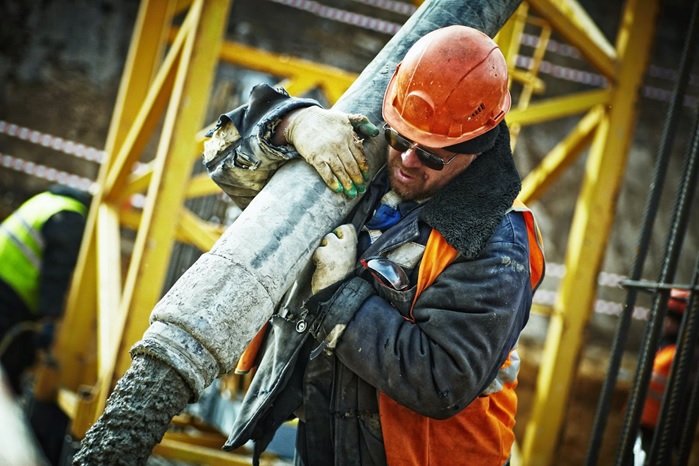If you are looking for the future of oilfield construction services, you’ve come to the right place. There are many things to consider, from robotic process automation to Carbon capture, Government regulations, and mergers and acquisitions. Read on to learn more about how these changes may impact the industry.
Robotic process automation
Oil and gas companies are using robotic process automation to increase efficiency, accuracy, and audibility. The technology can reduce human error by 30 percent or more and free up analysts to focus on data-driven insights.
One multi-national oil company, for example, had been fighting fluctuating oil barrel prices and sought to digitize its enterprise and compete more effectively.
They found that robotic process automation could cut their manpower by 25 percent to 35 percent, or 30,000 man-hours per year.
The oil and gas industry has many regulations. Some are rule-based, but others are not.
Robotic process automation can keep track of compliance, monitor exception notifications, and process orders faster.
It can also review new client applications and help with routine queries. Moreover, it can identify mistakes, thereby reducing human error. It can also improve communication and planning.
Carbon capture
Carbon capture is a technology that helps oilfield companies cut their carbon footprint. It works by capturing carbon dioxide emissions during industrial processes and transporting them to a storage site.
The technology is most commonly used in oilfield services for enhanced oil recovery, which involves injecting carbon dioxide into oil reservoirs.
Carbon capture is an important technology that uses carbon dioxide to create a clean energy source. For example, some companies are developing a technology to extract carbon dioxide from oilfields and store it.
The company plans to build a plant that will remove one million tons of CO2 a year. That’s much more than most direct-aid capture plants can handle.
Government regulations
If you are an oil and gas construction company, you should understand how government regulations affect the industry. Each state has its own rules and regulations, but the process of drilling and producing oil is often heavily regulated by the federal government.
This regulation applies to oil and gas operations within the United States, as well as offshore oil and gas fields.
Oil and gas companies must adhere to environmental protection regulations, such as the Endangered Species Act, which requires that any proposed activity must be assessed for any environmental effects.
President Donald Trump and Republicans in Congress have already rolled back regulations on the industry, but other policies are still affecting the industry.
The withdrawal from the Paris Climate Accord and the end of the war on coal are just a few of the changes that will have a direct impact on the industry.

Mergers and acquisitions
Since early 2006, the number of oilfield construction and services mergers and acquisitions has increased.
These transactions aim to improve the business models of companies by providing complementary products and services, spurring revenue growth, and eliminating duplicative activities. However, there are certain risks associated with these deals.
While oil prices dropped in the aftermath of the 2008 global financial crisis, the industry has recovered, and day rates are increasing. However, the oil price slump has led to a number of companies merging to gain efficiencies and boost profitability.
Innovation
The oilfield services industry is becoming increasingly diverse and multi-faceted. Halliburton and Schlumberger, for example, provide virtually every oilfield service under the sun.
Demand for integrated oilfield services is projected to grow from five percent in 2010 to 25 percent by 2020. Companies like Geolog, which specializes in surface data logging, have also emerged as innovative competitors. Smaller firms have the advantage of economies of scale from repeated application and can drive innovation.
The energy industry is constantly changing, and oilfield construction firms must be able to adapt to new demands and market shifts.
New technologies, new materials, and new approaches to work must be available to meet the evolving requirements of customers. Innovation is a way to stay competitive, while still meeting safety and productivity goals.








